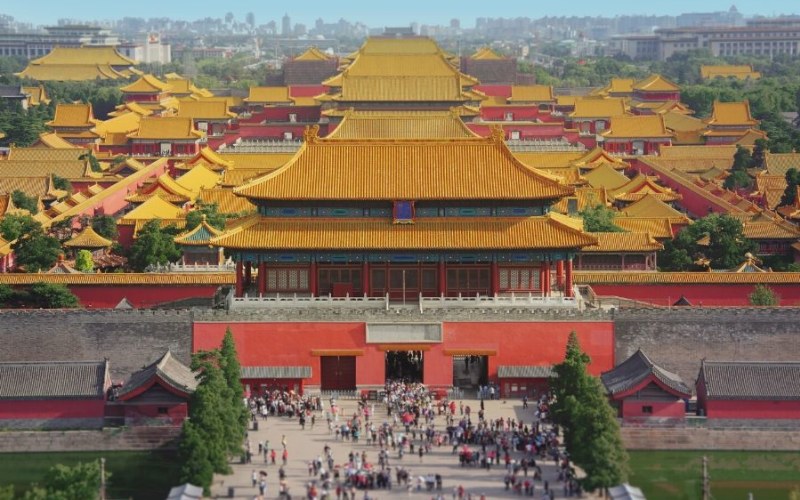The Land of the Rising Sun, Japan offers a unique blend of ancient traditions, contemporary culture, modern technology and diverse cuisine. We offer a fantastic guided holiday to Japan. To get a taster of what to expect on this Asian adventure, discover our top ten facts of this remarkable country.
1. Japan has 23 UNESCO World Heritage Sites

On the UNESCO World Heritage List, Japan has 19 cultural sites and four natural sites. Possibly the most iconic UNESCO World Heritage site in Japan is the Itsukushima Shrine in the city of Hatsukaichi; famous for its floating torii gate, which is a traditional Japanese gate usually found at the entrance of a Shinto shrine. In Kyoto, you can also visit the 17th Century Nijō Castle, the former residence of Tokugawa Ieyasu; a former shogun of Japan.
2. Mount Fuji is an active volcano
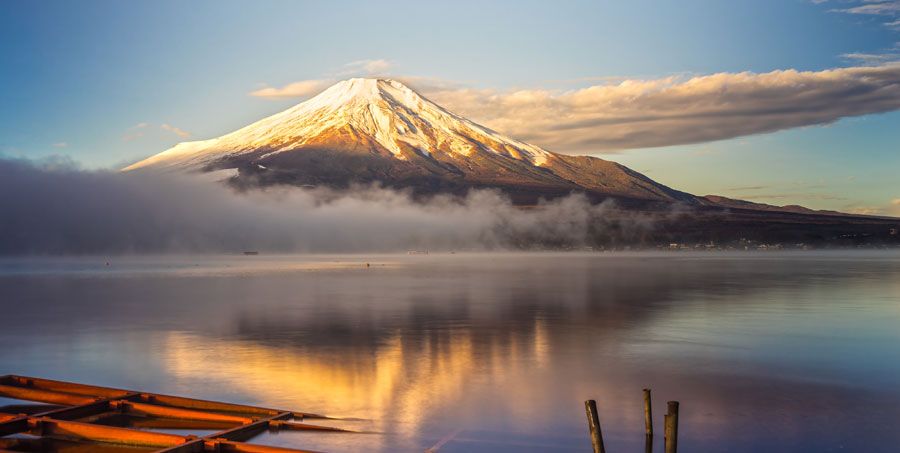
Standing at 3,776 metres, Mount Fuji is Japan’s highest and most famous volcano, and it is still active. For breathtaking views, take the Komagatake Ropeway Cable Car, which offers a panoramic experience of this majestic natural wonder.
3. There's a variety of wildlife
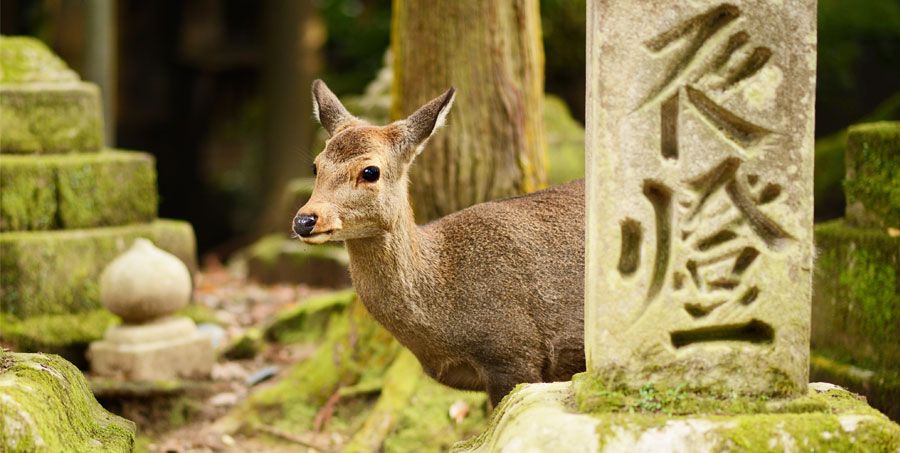
Japan is a haven for wildlife enthusiasts. From the snow monkeys of Jigokudani Monkey Park to the freely roaming Sika Deer in Nara Park, there’s plenty of opportunities to connect with nature. Don’t miss the chance to feed the protected Sika Deer with “deer-crackers” while exploring one of Japan's oldest parks.
4. It has one of the longest wooden buildings in the world
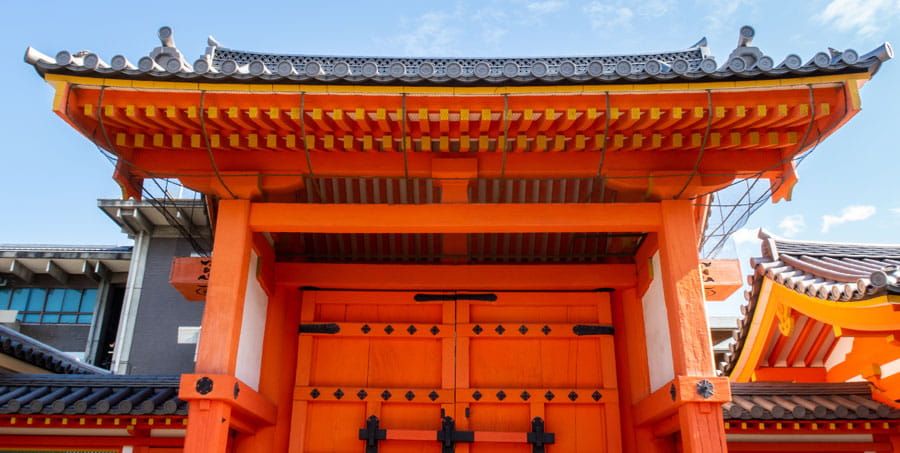
The Sanjusangen-dō temple, built in 1266, is famous for its impressive 120-metre-long main hall (hondō), which houses an astonishing collection of over 1,000 sculptures. This architectural marvel is a must-visit for those fascinated by history and craftsmanship.
5. Geisha are cultural icons
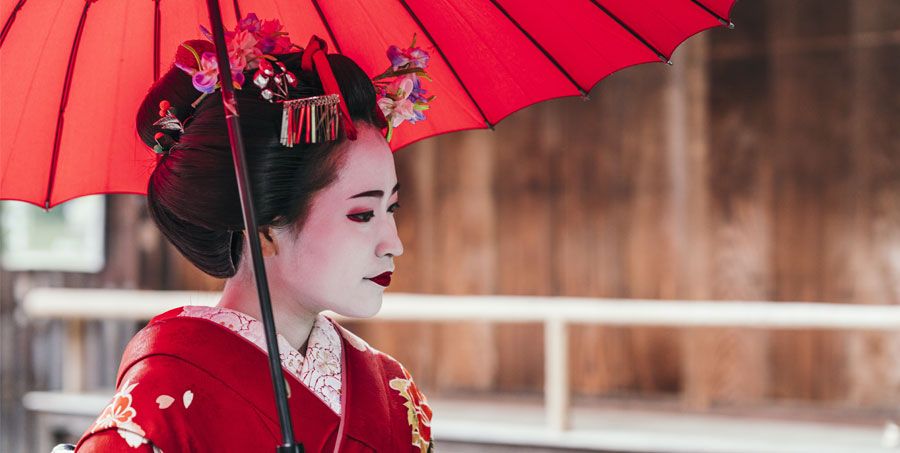
Geisha, meaning “person of the arts,” are traditional Japanese entertainers skilled in classical music, dance, and singing. Experiencing a Geisha performance, with their elegant kimonos, oboko sandals, and Oshiroi makeup, offers a unique glimpse into one of Japan's oldest and most revered professions.
6. Japan's public transport is world renowned

Japan’s public transport system is globally renowned for its efficiency, punctuality, and comfort. The “Shinkansen,” or Bullet Train, is a marvel of modern engineering, reaching speeds of up to 320km/h. It’s an exceptional way to travel across the country, ensuring you see as much of Japan as possible.
7. It has the world’s busiest pedestrian crossing
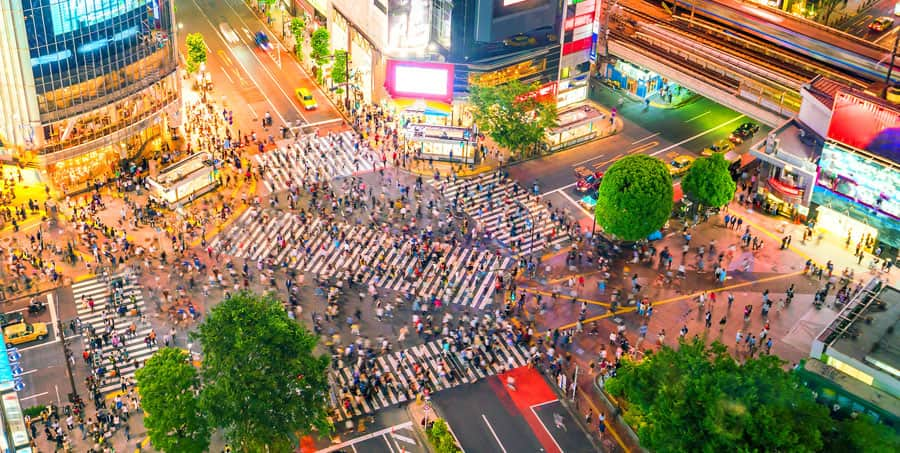
In the heart of Tokyo, Shibuya Crossing is an iconic symbol of the city’s fast-paced energy. It's estimated that around 2,500 people cross this bustling intersection at any given time. While in Tokyo, explore the vibrant Harajuku district, take a serene cruise around Tokyo Bay, or visit the historic Imperial Palace Plaza.
8. Hakone Open-Air Museum houses incredible artwork
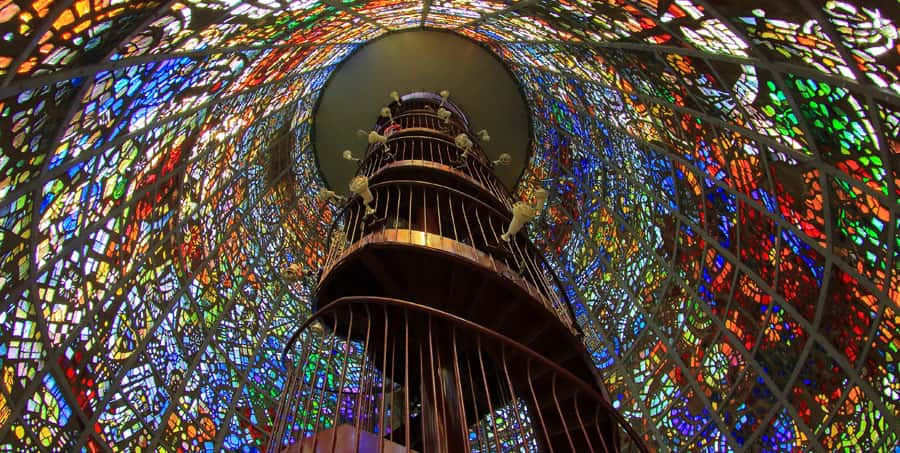
You will find an extensive collection of sculptures from renowned artists, such as Piscasso, Henry Moore and Yasuo Mizui. Hakone, located around 100km from Tokyo, is situated within Fuji-Hakone-Izu National Park and is famous for its hot springs and spectacular views of Mount Fuji. Visitors can also enjoy a tranquil boat tour around Lake Ashi.
9. Japanese Tea Ceremony is over 800 years old
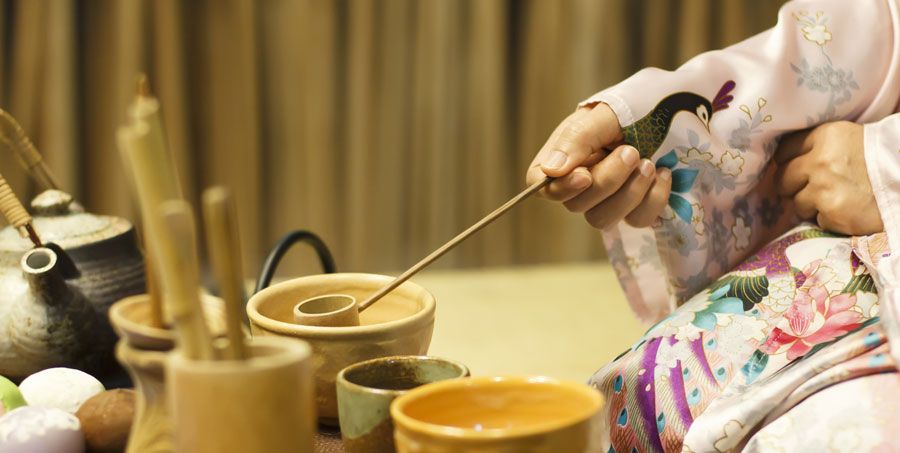
The Japanese tea ceremony, known as the “Way of Tea,” is a profound cultural ritual with roots over 800 years old. This ceremony, centred on the preparation and serving of Matcha (green tea), takes place in specially designed tea rooms, or cha-shitsu. Mastering the art of the tea ceremony can take years, making it a truly immersive cultural experience.
10. Kyoto has a lot of temples
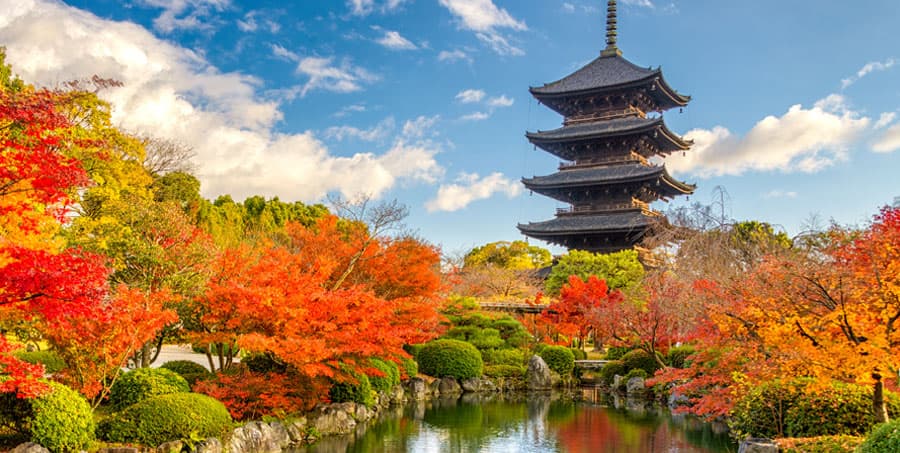
With 1,600 Buddhist temples and 400 Shinto shrines, Kyoto is often regarded as the religious and spiritual heart of Japan. Whether you’re seeking spiritual enlightenment or simply wish to admire the stunning architecture, Kyoto’s temples offer a serene escape into Japan's rich cultural heritage.
If you enjoyed reading about our facts about Japan and want to to discover more about the ‘Land of the Rising Sun', then check out our Highlights of Japan tour.


